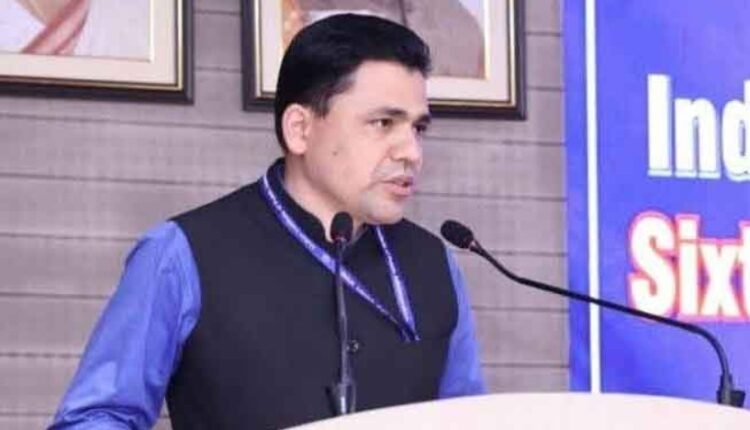JKAS Officer Mubashir Amin Selected for Prestigious Chevening Award, to Pursue Public Policy at SOAS London
JKAS officer Amin awarded Chevening scholarship to advance expertise in public policy and governance
Srinagar, Sept 12: Mubashir Amin, a 2013-batch Jammu and Kashmir Administrative Service (JKAS) officer, has been awarded the Chevening Scholarship 2025–26, one of the world’s most prestigious international fellowships funded by the UK government. Under this programme, he will pursue a Master’s degree in Public Policy at the School of Oriental and African Studies (SOAS), University of London, beginning in September 2025.
Amin, who began his career as an engineering graduate before joining the state civil services, has accumulated over 12 years of experience in governance and administration, working extensively on the ground across Jammu and Kashmir. His contributions span key areas of policy implementation, citizen-centric service delivery, and administrative reforms, reflecting both professional competence and a commitment to public service.
The Chevening Award, regarded as a recognition of leadership potential, academic excellence, and vision for positive change, will enable Amin to engage with global policy frameworks, sharpen his analytical skills, and bring international perspectives to local governance challenges. Officials and colleagues have hailed his selection as a matter of pride for the Union Territory, underscoring how it highlights the growing presence of J&K officers in international academic and professional arenas.
The award marks a major milestone in Amin’s professional journey, not only validating his past contributions but also opening new avenues for future impact. With the opportunity to interact with policymakers, thought leaders, and global scholars at SOAS, he is expected to further enrich his expertise and apply it to strengthening institutional frameworks and governance models back home.
Observers note that such international exposures for officers from Jammu and Kashmir could play a critical role in bridging local governance priorities with global best practices, ultimately benefiting the region’s developmental aspirations.




